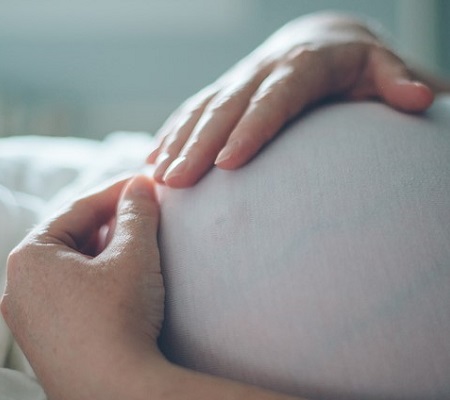
Preeclampsia is the development of high blood pressure and protein in the urine after the 20th week of pregnancy.
Preeclampsia is the development of high blood pressure and protein in the urine after the 20th week of pregnancy. Formerly called toxemia, it’s a common complication that can often lead to early delivery. Fortunately, severe cases are rare, and proper monitoring and treatment can help ensure the safety of you and your baby. Let’s learn more about preeclampsia and things that expectant mothers and her caregivers should know.
- Preeclampsia affects 2-8% of pregnancies and occurs after 20 weeks
- Monitoring your blood pressure is important
- Various other symptoms may appear
- Some women are more at risk than others
- Treatment should be personalized
- The ultimate preeclampsia “cure” is delivery and recovery
Keep reading to learn more, including preeclampsia causes, signs, and symptoms.
Preeclampsia affects 2-8% of pregnancies and occurs after 20 weeks
If you’ve been diagnosed with preeclampsia during pregnancy, you’re not alone. The condition will develop in approximately 1 in 20 pregnancies, and occurs any time after 20 weeks. If it’s untreated, it can turn into the more dangerous version, “eclampsia,” but with the care of qualified women’s health professionals, it rarely escalates.
Monitoring your blood pressure is important
The first warning sign of preeclampsia is persistent high blood pressure that develops during pregnancy. As such, it’s important for expectant mothers to have their blood pressure checked regularly. Your health care provider will check it during prenatal visits, but it’s also helpful if you can monitor it yourself. The numbers to watch for are 140/90 or higher, especially if you get that result twice at least six hours apart. If you notice a spike in your blood pressure that remains consistent, schedule an appointment with your OB provider.
Various other preeclampsia symptoms may appear
Preeclampsia is notoriously tricky to detect. Other than high blood pressure, women don’t always experience the same symptoms, and some signs of preeclampsia can mirror typical pregnancy symptoms, which can muddy the waters even more. Your doctor can help you distinguish benign pregnancy symptoms from those that need extra care. A few signs of preeclampsia can include:
- Swelling in the hands and face
- Headaches
- Blurred vision, light sensitivity, or seeing spots
- Nausea
- Shortness of breath
- Abdominal pain
- Gaining more than 5 pounds in a week
Some women are more at risk than others
The causes of preeclampsia aren’t known, but certain risk factors can increase your chance of it happening during pregnancy, including:
- Personal or family history
- Hypertension
- Obesity
- First pregnancy
- Conditions like diabetes, kidney disease, and more
- Age & race (very young, 40+, and black women have the highest rates)
- In vitro fertilization
None of these factors are a sure-thing for developing preeclampsia, but they can make it more likely. As a preventative measure, health providers may recommend low-dose aspirin to women at higher risk, which shows a protective effect. Limiting salt, caffeine, and fried food is often recommended as well.
Preeclampsia treatment should be personalized
Since women present different symptoms—and some cases are mild and some more serious—treatment should be tailored to each unique situation. Resting is a standard recommendation to help lower blood pressure. Women’s health care teams may also prescribe medications like antihypertensives or corticosteroids, depending on a patient’s needs.
The ultimate preeclampsia “cure” is delivery and recovery
Since it only affects pregnant women, the condition will dissipate in the days and weeks following your labor and delivery. It’s vital to schedule regular prenatal visits with your provider to manage its effects until (and after) you welcome your baby.
This overview of the causes, signs, and symptoms of the condition can help you understand this common pregnancy complication better. To schedule an appointment with our doctors, midwives, and women’s health team who are highly experienced in preeclampsia and every aspect of pregnancy and beyond, call 920.885.6090 or contact us online today.

